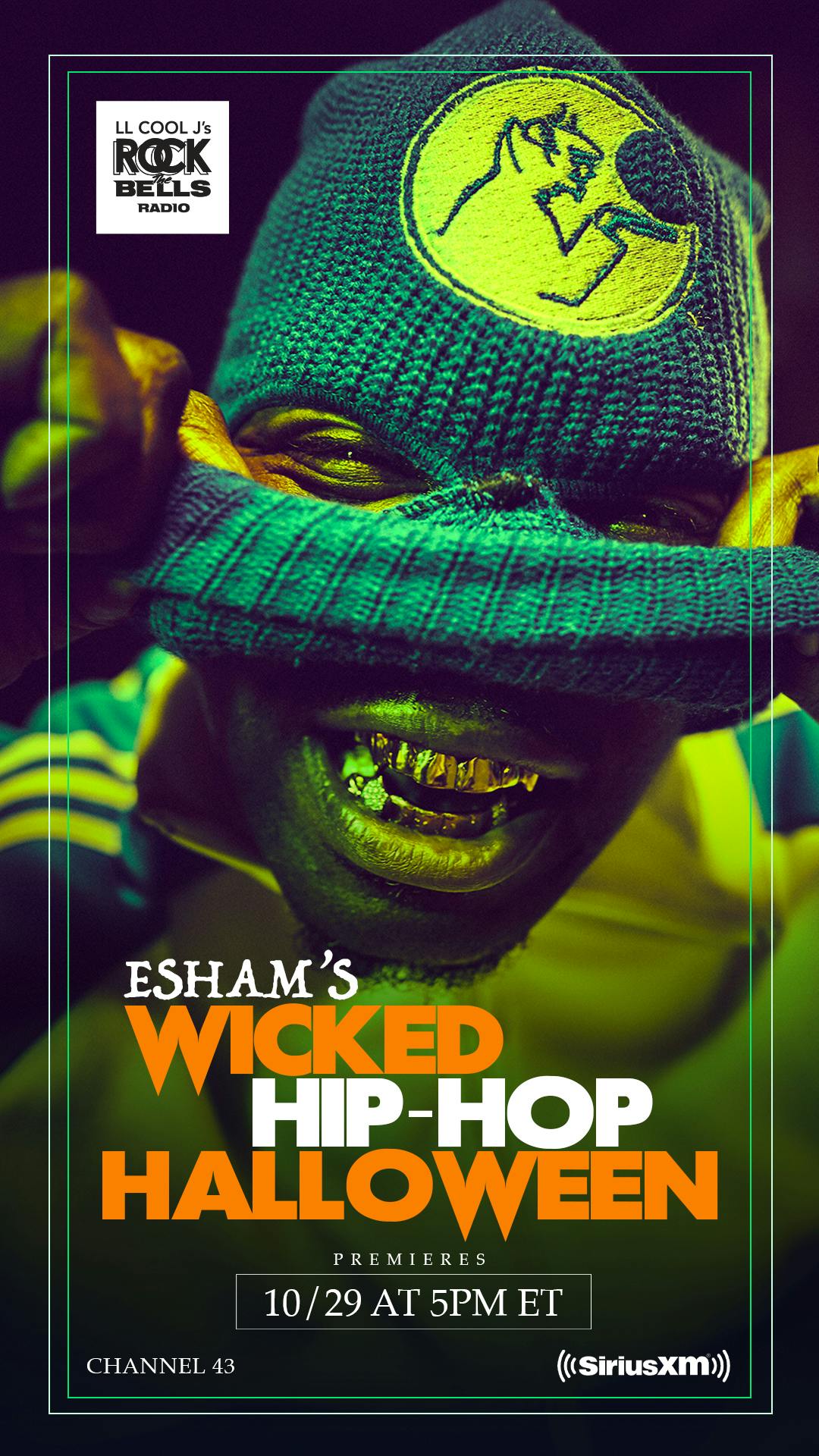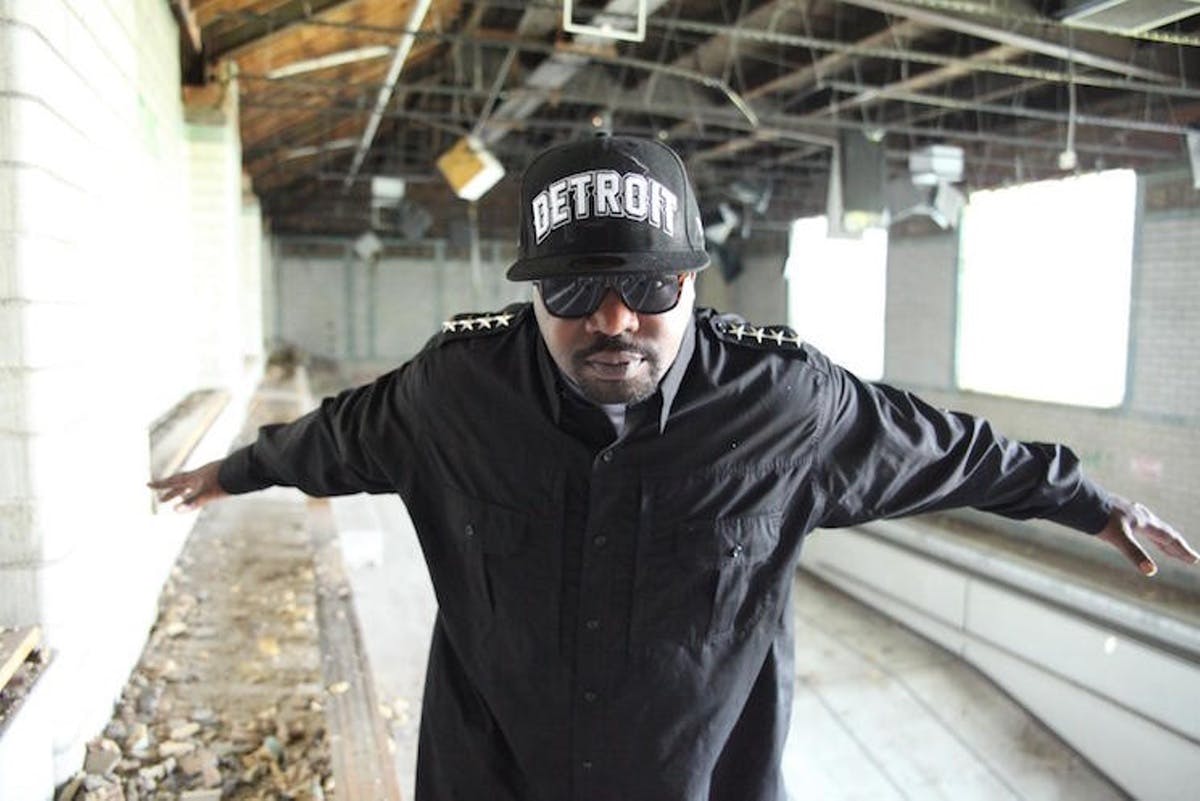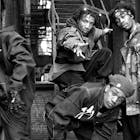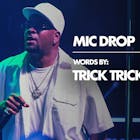"When I first started out, I had no idea that it was gonna become a genre. I just started writing rhymes and the rhymes I was writing turned into a genre. Everybody that met me or heard the sound—they wanted to get in on the act. They started creating rhymes like this, and it slowly but surely seeped into the industry. With a lot of those other groups—there was nothing out there called 'the wicket shit.' They were doing gangsta rap or reality rap. They [weren't] basing their music around religious [or] horrific themes."
Esham's approach would inform a wide range of artists, from fellow Detroiters like Eminem and Insane Clown Posse, to fellow indie star Tech N9ne. But he sees wicket shit as it's own voice, even while acknowledging everything that connects to it and vice versa.
"The Geto Boys did dabble in that sorta thing; and I admired them when they came out [with] songs like 'Mind Of A Lunatic,'" he says. "But it was still gangsta, street shit."
Esham is a straight-up legend. And horrorcore has thrived largely because of the seeds he planted and the uniquely distinct career that he's sustained for 35 years. He's acknowledged that he has grown as an emcee, artist and as a man. He's more conscious about his voice and his art these days, and when you peruse his lengthy catalog, it's obvious that Esham can do more than shock. But he's a pioneer of a style that's so surreally original, and he's proud of that legacy.
"I look at the wicket shit like it's a full-fledged genre," says Esham. "Because so many people have used this type of rhyme form, this type of imagery, to have a successful career out there in the entertainment business. So, it's a genre. It's full-fledged genre."










